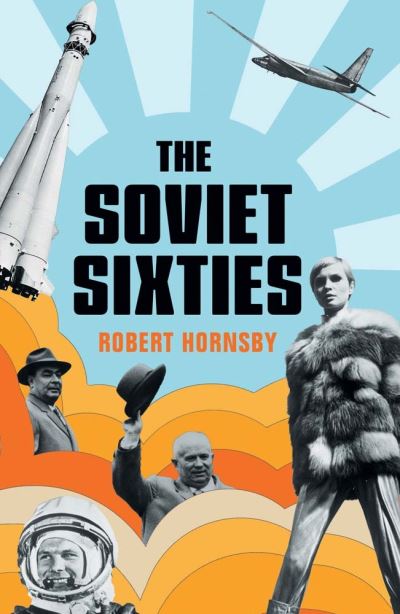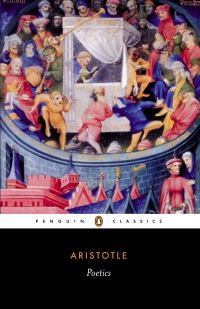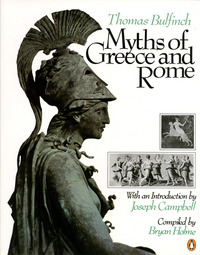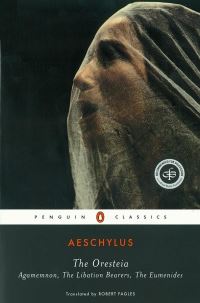Description
The story of a remarkable era of reform, controversy, optimism, and Cold War confrontation in the Soviet Union
Â
Beginning with the death of Stalin in 1953, the “sixties” era in the Soviet Union was just as vibrant and transformative as in the West. The ideological romanticism of the revolutionary years was revived, with renewed emphasis on egalitarianism, equality, and the building of a communist utopia. Mass terror was reined in, great victories were won in the space race, Stalinist cultural dogmas were challenged, and young people danced to jazz and rock and roll.
Â
Robert Hornsby examines this remarkable and surprising period, showing that, even as living standards rose, aspects of earlier days endured. Censorship and policing remained tight, and massacres during protests in Tbilisi and Novocherkassk, alongside invasions of Hungary and Czechoslovakia, showed the limits of reform. The rivalry with the United States reached perhaps its most volatile point, friendship with China turned to bitter enmity, and global decolonization opened up new horizons for the USSR in the developing world. These tumultuous years transformed the lives of Soviet citizens and helped reshape the wider world.




